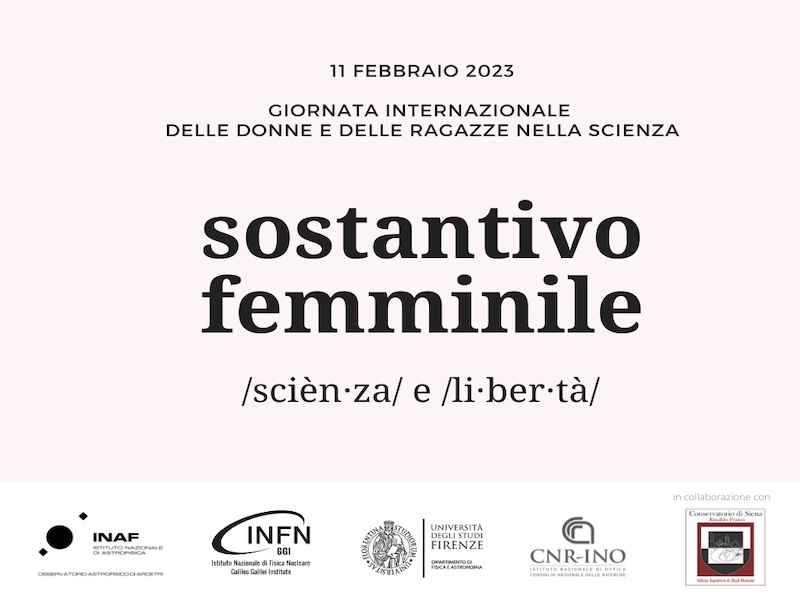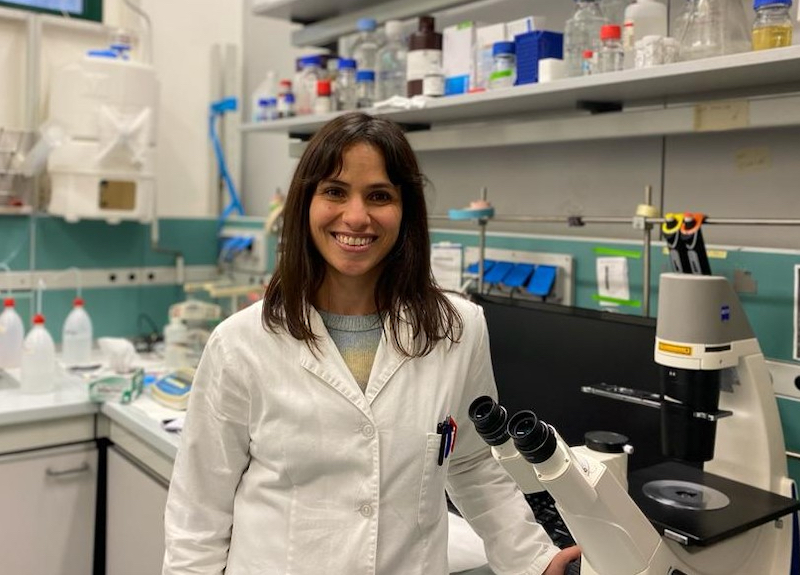
Sostantivo femminile. Scienza e libertà
February 4, 2023
Exchange visits within the project Twinning for excellence of the Serbian Research Center for quantum Biophotonics
March 13, 2023Claudia Capitini is a postdoctoral research fellow in the Biophotonics Area of the National Institute of Optics working at LENS in Sesto Fiorentino (FI), where she carries out her research on the factors that influence the formation of toxic aggregates of the β-Amyloid (Aβ), which contribute to causing the onset and progression of Alzheimer’s disease. In detail, her research focuses on the study of trodusquemine, a natural compound capable of reducing the toxicity of these aggregates. In fact, it has recently been demonstrated that trodusquemine is capable of interacting with the cell membranes and with the nerve fibers of the brain, creating a sort of barrier that prevents the Aβ aggregates from penetrating and exercising their toxic function. Claudia’s AIRLAZH project has the objective to deepen this interaction in order to better understand the protective mechanism of the compound, also investigating the possible role played by other key factors in the pathogenesis of Alzheimer’s. Using a multidisciplinary approach, which foresees the use of different microscopy techniques facilities available at the National Institute of Optics (confocal, light sheet and super-resolution), combined with cytotoxicity assays and in vivo behavioural tests, as well as quantitative assays (ELISA/Western blot), this work will contribute to a better knowledge of the action of the trodusquemine and thus to its potential use as a drug for Alzheimer’s patients.




